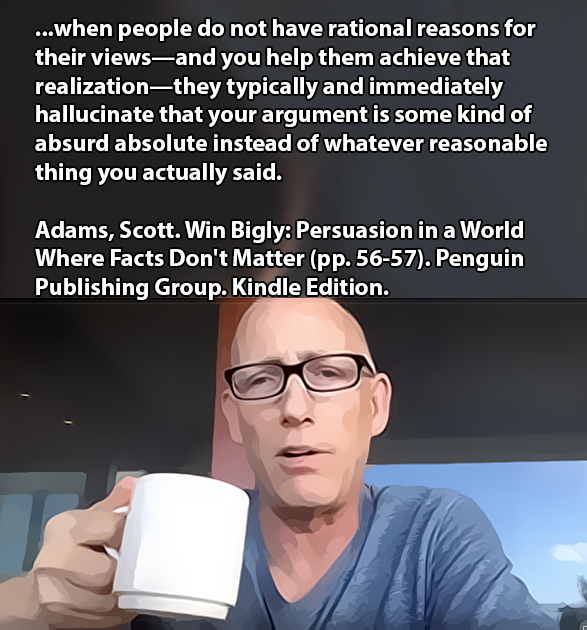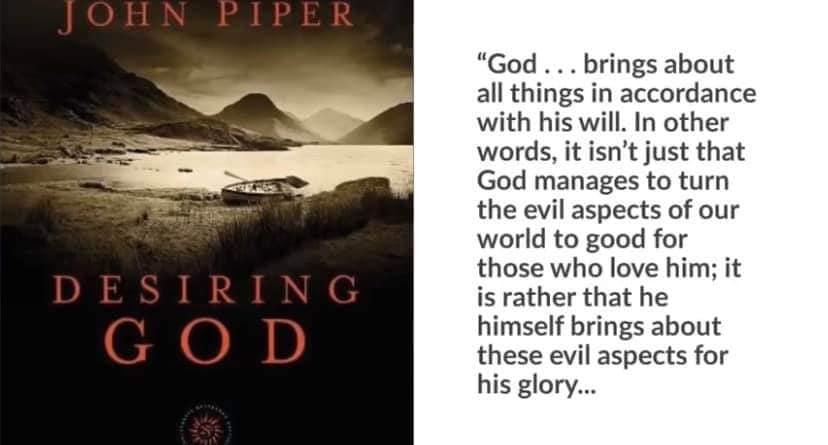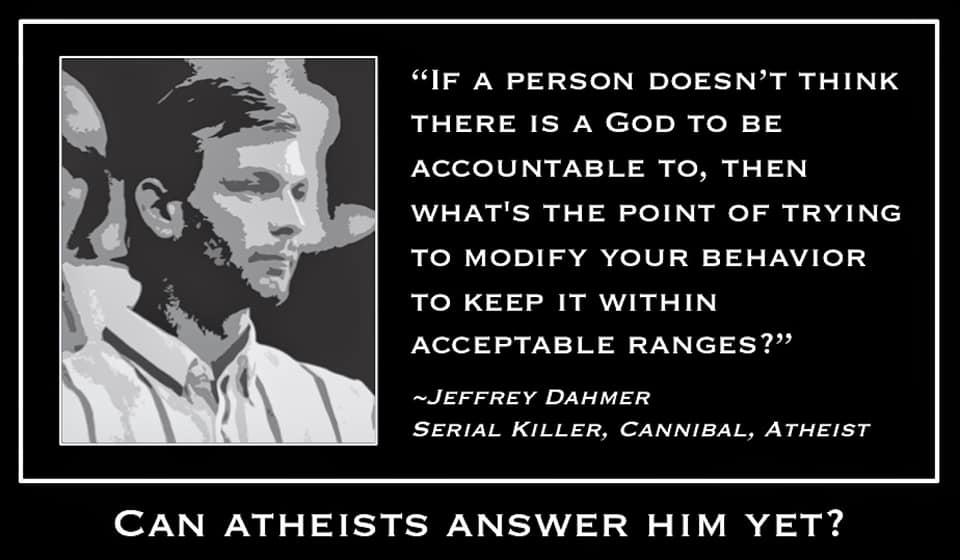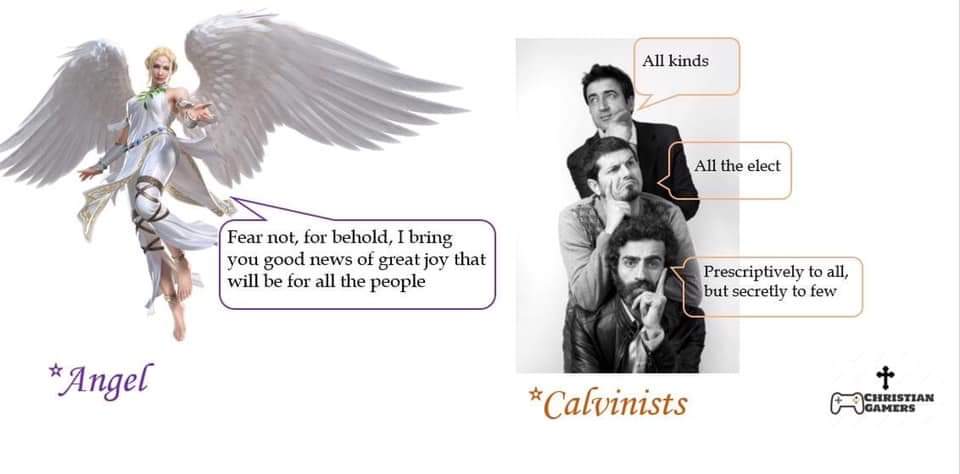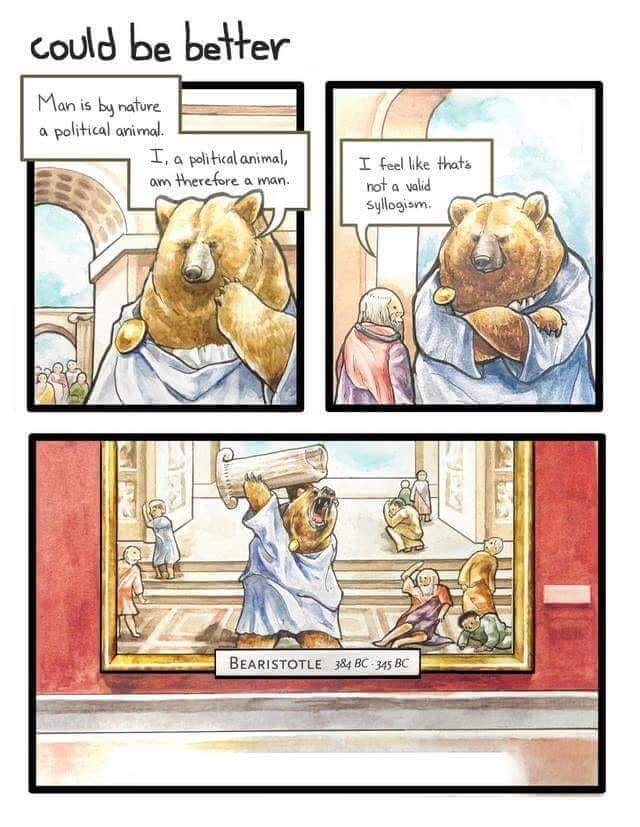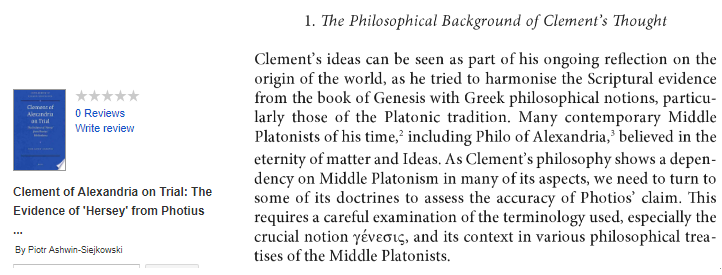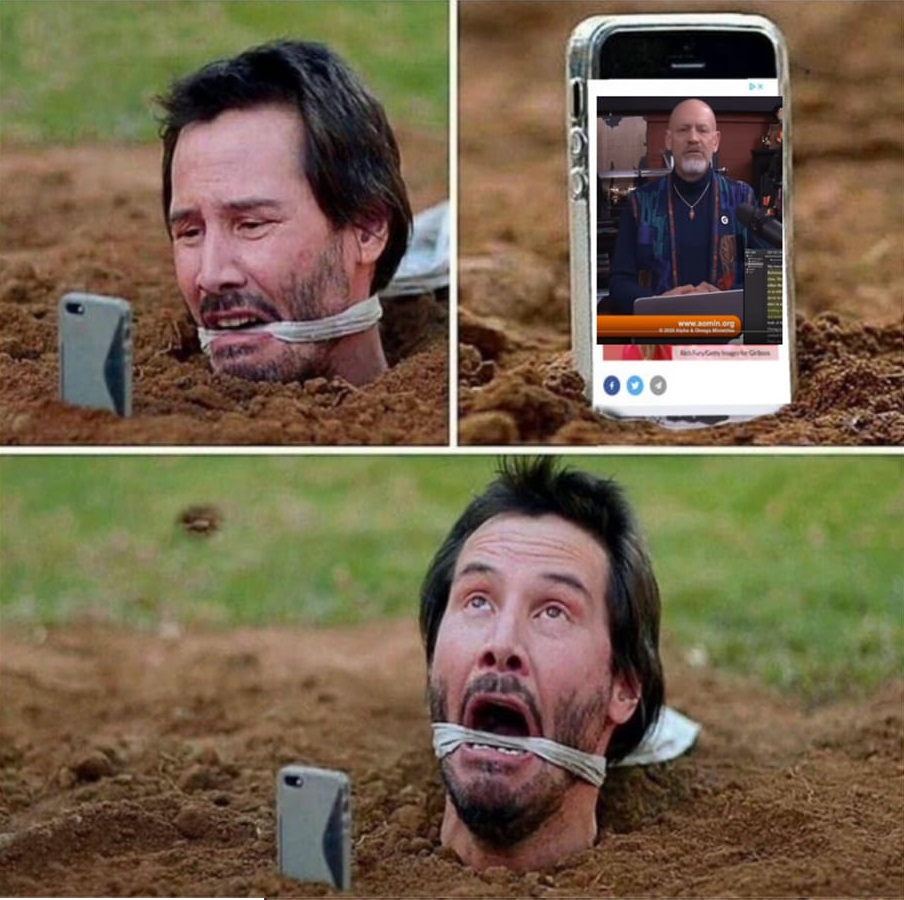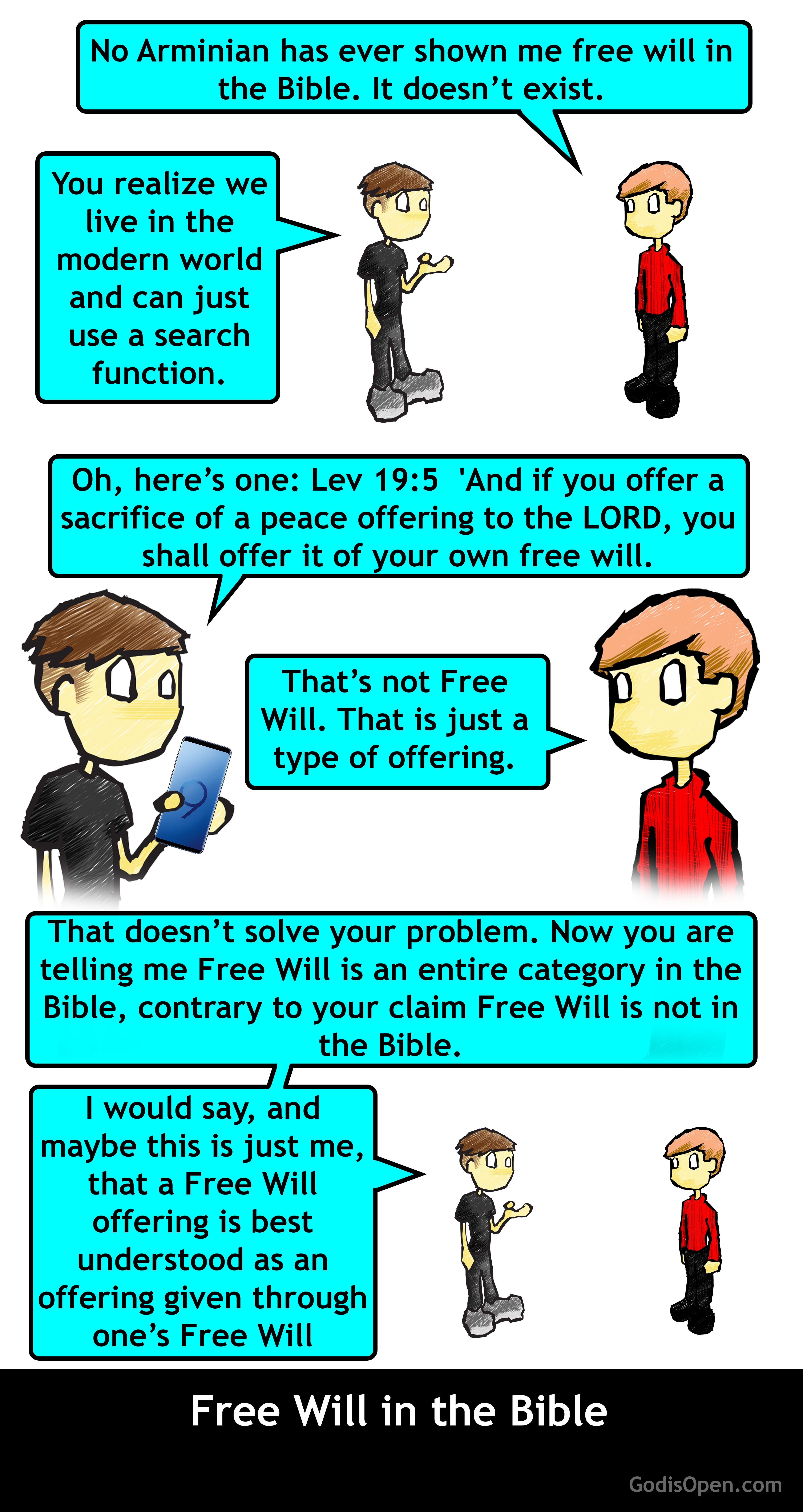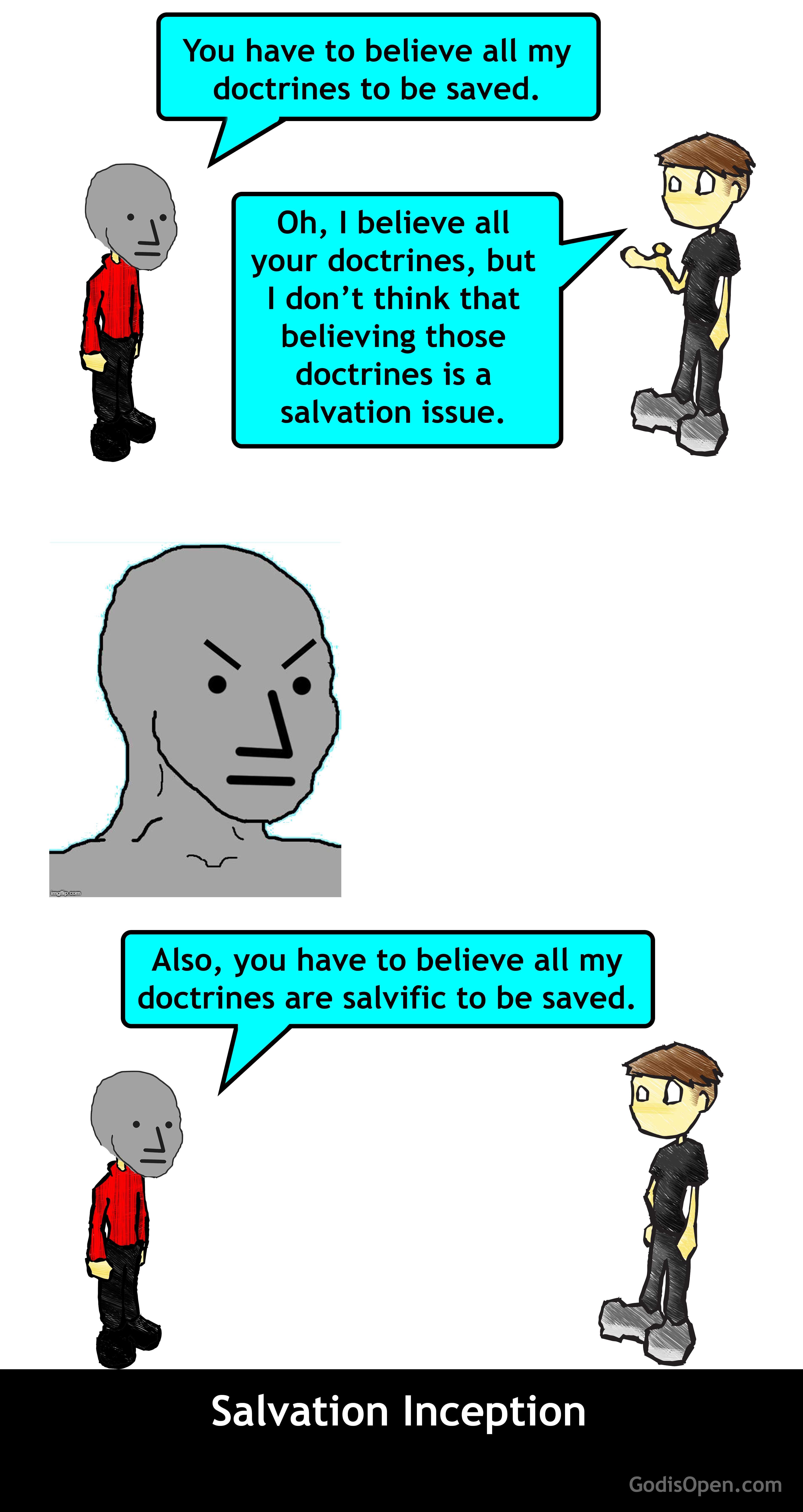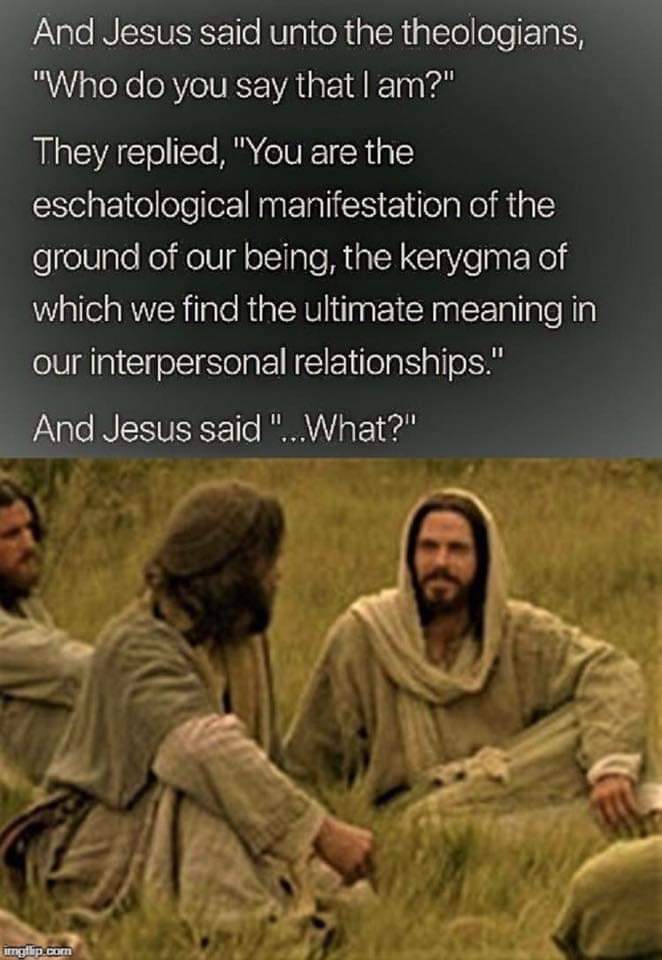From Confessions:
Therefore You brought in my way by means of a certain man—an incredibly conceited man—some books of the Platonists translated from Greek into Latin. In them I found, though not in the very words, yet the thing itself and proved by all sorts of reasons: that in the beginning was the Word and the Word was with God and the
…
(16) Being admonished by all this to return to myself, I entered into my own depths, with You as guide; and I was able to do it because You were my helper. I entered, and with the eye of my soul, such as it was, I saw Your unchangeable Light shining over that same eye of my soul, over my mind. It was not the light of everyday that the eye of flesh can see, nor some greater light of the same order, such as might be if the brightness of our daily light should be seen shining with a more intense brightness and filling all things with its greatness. Your light was not that, but other, altogether other, than all such lights.
…
(17) Then I thought upon those other things that are less than You, and I saw that they neither absolutely are nor yet totally are not: they are, in as much as they are from You: they are not, in as much as they are not what You are. For that truly is, which abides unchangeably. But it is good for me to adhere to my God, for if I abide not in Him, I cannot abide in myself. But He, in abiding in Himself, renews all things: and Thou art my God for Thou hast no need of my goods.
…
(18) And it became clear to me that corruptible things are good: if they were supremely good they could not be corrupted, but also if they were not good at all they could not be corrupted: if they were supremely good they would be incorruptible, if they were in no way good there would be nothing in them that might corrupt. For corruption damages; and unless it diminished goodness, it would not damage. Thus either corruption does no damage, which is impossible or—and this is the certain proof of it—all things that are corrupted are deprived of some goodness. But if they were deprived of all goodness, they would be totally without being. For if they might still be and yet could no longer be corrupted, they would be better than in their first state, because they would abide henceforth incorruptibly. What could be more monstrous than to say that things could be made better by losing all their goodness? If they were deprived of all goodness, they would be altogether nothing: therefore as long as they are, they are good. Thus whatsoever things are, are good; and that evil whose origin I sought is not a substance, because if it were a substance it would be good. For either it would be an incorruptible substance, that is to say, the highest goodness; or it would be a corruptible substance, which would not be corruptible unless it were good. Thus I saw and clearly realised that You have made all things good, and that there are no substances not made by You. And because all the things You have made are not equal, they have a goodness [over and above] as a totality: because they are good individually, and they are very good all together, for our God has made all things very good.
(19) To You, then evil utterly is not—and not only to You, but to Your whole creation likewise, evil is not: because there is nothing over and above Your creation that could break in or derange the order that You imposed upon it. But in certain of its parts there are some things which we call evil because they do not harmonise with other things; yet these same things do harmonise with still others and thus are good; and in themselves they are good. All these things which do not harmonise with one another, do suit well with that lower part of creation which we call the earth, which has its cloudy and windy sky in some way apt to it. God forbid that I should say: “I wish that these things were not”; because even if I saw only them, though I should want better things, yet even for them alone I should praise You: for that You are to be praised, things of earth show—dragons, and all deeps, fire, hail, snow, ice, and stormy winds, which fulfill Thy word; mountains and all hills, fruitful trees and all cedars; beasts and all cattle, serpents and feathered fowl; kings of the earth and all people, princes and all judges of the earth; young men and maidens, old men and young, praise Thy name. And since from the heavens, O our God, all Thy angels praise Thee in the high places, and all Thy hosts, sun and moon, all the stars and lights, the heavens of heavens, and the waters that are above the heavens, praise Thy name—I no longer desired better, because I had thought upon them all and with clearer judgment I realised that while certain higher things are better than lower things, yet all things together are better than the higher alone.
…Turning from that error it had made for itself a god occupying the infinite measures of all space, and had thought this god to be You, and had placed it in its heart,91 and thus had once again become the temple of its own idol, a temple abominable to You. But You caressed my head, though I knew it not, and closed my eyes that they should not see vanity; and I ceased from myself a little and found sleep from my madness. And from that sleep I awakened in You, and I saw You infinite in a different way; but that sight was not with the eyes of flesh.
…
(21) And I looked upon other things, and I saw that they owed their being to You, and that all finite things are in You: but in a different manner, being in You not as in a place, but because You are and hold all things in the hand of Your truth, and all things are true inasmuch as they are: nor is falsehood anything save that something is thought to be which is not. And I observed that all things harmonised not only with their places but also with their times; and that You, who alone are eternal, did not begin to work after innumerable spaces of time had gone by: since all the spaces of time, spaces past, spaces to come, could neither go nor come if You did not operate and abide.
…So that when I now asked what is iniquity, I realised that it was not a substance but a swerving of the will which is turned towards lower things and away from You, O God, who are the supreme substance: so that it casts away what is most inward to it and swells greedily for outward things.
…Inquiring then what was the source of my judgment, when I did so judge I had discovered the immutable and true eternity of truth above my changing mind. Thus by stages I passed from bodies to the soul which uses the body for its perceiving, and from this to the soul’s inner power, to which the body’s senses present external things, as indeed the beasts are able; and from there I passed on to the reasoning power, to which is referred for judgment what is received from the body’s senses. This too realised that it was mutable in me, and rose to its own understanding. It withdrew my thought from its habitual way, abstracting from the confused crowds of phantasms that it might find what light suffused it, when with utter certainty it cried aloud that the immutable was to be preferred to the mutable, and how it had come to know the immutable itself: for if it had not come to some knowledge of the immutable, it could not have known it as certainly preferable to the mutable. Thus in the thrust of a trembling glance my mind arrived at That Which Is. Then indeed I saw clearly Your invisible things which are understood by the things that are made;101 but I lacked the strength to hold my gaze fixed, and my weakness was beaten back again so that I returned to my old habits, bearing nothing with me but a memory of delight and a desire as for something of which I had caught the fragrance but which I had not yet the strength to eat.
…
(26) Now that I had read the books of the Platonists and had been set by them towards the search for a truth that is incorporeal, I came to see Your invisible things which are understood by the things that are made. I was at a standstill, yet I felt what through the darkness of my mind I was not able actually to see; I was certain that You are and that You are infinite, but not as being diffused through space whether finite or infinite: that You truly are and are ever the same,115 not in any part or by any motion different or otherwise; and I knew that all other things are from You from the simple fact that they are at all. Of these things I was utterly certain, yet I had not the strength to enjoy You. I talked away as if I knew a great deal; but if I had not sought the way to You in Christ our Saviour, I would have come not to instruction but to destruction. For I had begun to wish to appear wise, and this indeed was the fullness of my punishment; and I did not weep for my state, but was badly puffed up with my knowledge. Where was that charity which builds us up upon the foundation of humility, which is Christ Jesus?119 Or when would those books have taught me that? Yet I think it was Your will that I should come upon these books before I had made study of the Scriptures, that it might be impressed on my memory how they had affected me: so that, when later I should have become responsive to You through Your Books with my wounds healed by the care of Your fingers, I might be able to discern the difference that there is between presumption and confession, between those who see what the goal is but do not see the way, and [those who see] the Way which leads to that country of blessedness, which we are meant not only to know but to dwell in. If I had been first formed by Your Holy Scriptures so that You had grown sweet to me through their familiar use, and had come later upon these books of the Platonists, they might have swept me away from the solid ground of piety; and even if I had remained firm in that disposition which for my health Scripture had taught me, I might perhaps have thought that the same disposition could have been acquired from those books if a man studied them alone.


